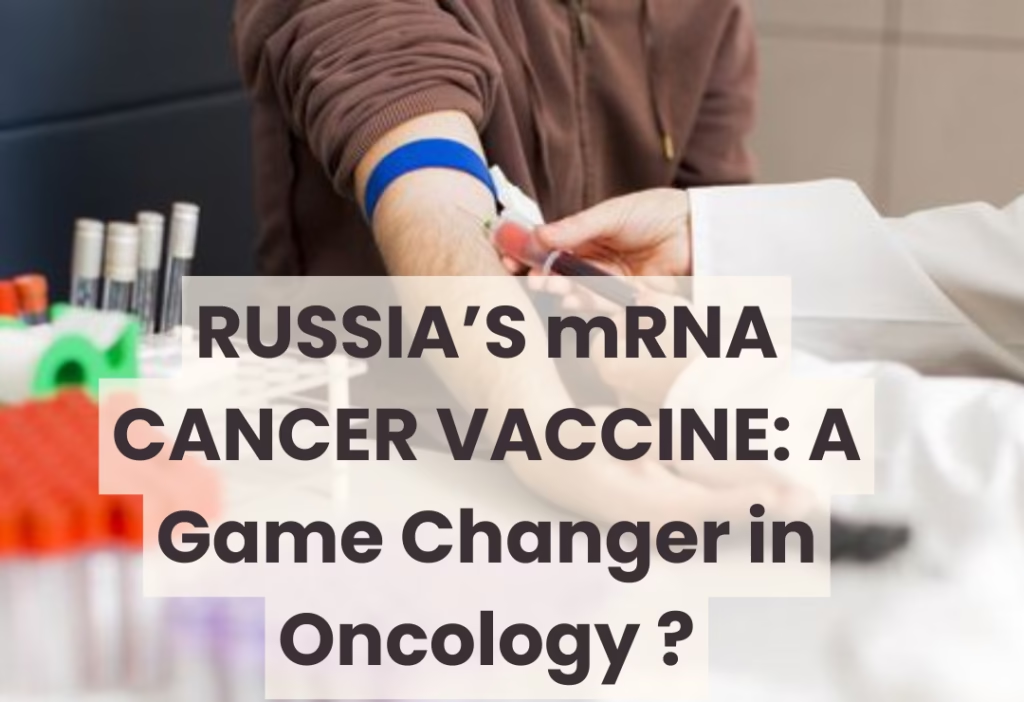Russia Breaks Ground with New mRNA Cancer Vaccine, Offering Free Treatment to Patients
Russia has announced the development of a groundbreaking mRNA cancer vaccine to treat cancer. According to the Russian news agency TASS, the vaccine will be provided free of charge to cancer patients across the country. This promising innovation was unveiled by Andrey Kaprin, General Director of the Radiology Medical Research Center under the Russian Ministry of Health.
A Collaborative Achievement
The cancer vaccine is the result of extensive collaboration among multiple research institutions. Its official rollout for public use is anticipated by early 2025, marking a new era in personalized cancer treatment. Preclinical trials have shown remarkable results, with the vaccine demonstrating its ability to suppress tumor growth and reduce the risk of metastases, as shared by Alexander Gintsburg, Director of the Gamaleya National Research Center for Epidemiology and Microbiology.
Why This Breakthrough Matters
Cancer is one of the leading causes of death worldwide, and the development of an mRNA cancer vaccine tailored to individual patients could revolutionize treatment. Unlike traditional cancer treatments, which are often generalized, this vaccine is designed to be personalized for each patient’s specific cancer profile, enhancing its effectiveness.
What are mRNA Vaccines ?
Messenger RNA (mRNA) vaccines work by instructing cells to produce a protein or a fragment of a protein found in the disease-causing agent, such as a virus or, in this case, cancer cells. This protein then stimulates the immune system to recognize and combat the disease. mRNA technology gained global recognition during the COVID-19 pandemic, and its application in cancer treatment opens up new possibilities in medical science.
The Role of AI in Vaccine Personalization
Personalizing mRNA cancer vaccines has traditionally been a time-consuming process, requiring complex computational methods. However, Russia’s vaccine researchers are leveraging artificial intelligence (AI) to streamline the process. Alexander Gintsburg revealed that by integrating AI and neural network computing, the time required to design a personalized vaccine could be reduced to as little as 30 minutes. This innovation is being spearheaded with the assistance of the Ivannikov Institute, which specializes in advanced computational techniques.
What Lies Ahead
The introduction of Russia’s cancer vaccine marks a pivotal moment in the fight against cancer. While the vaccine will initially be available to cancer patients within Russia, its success could set the stage for broader applications and international collaborations in the future.
As we await the full deployment of this medical innovation, it serves as a reminder of the transformative potential of technology and research in improving healthcare outcomes for millions around the world.



